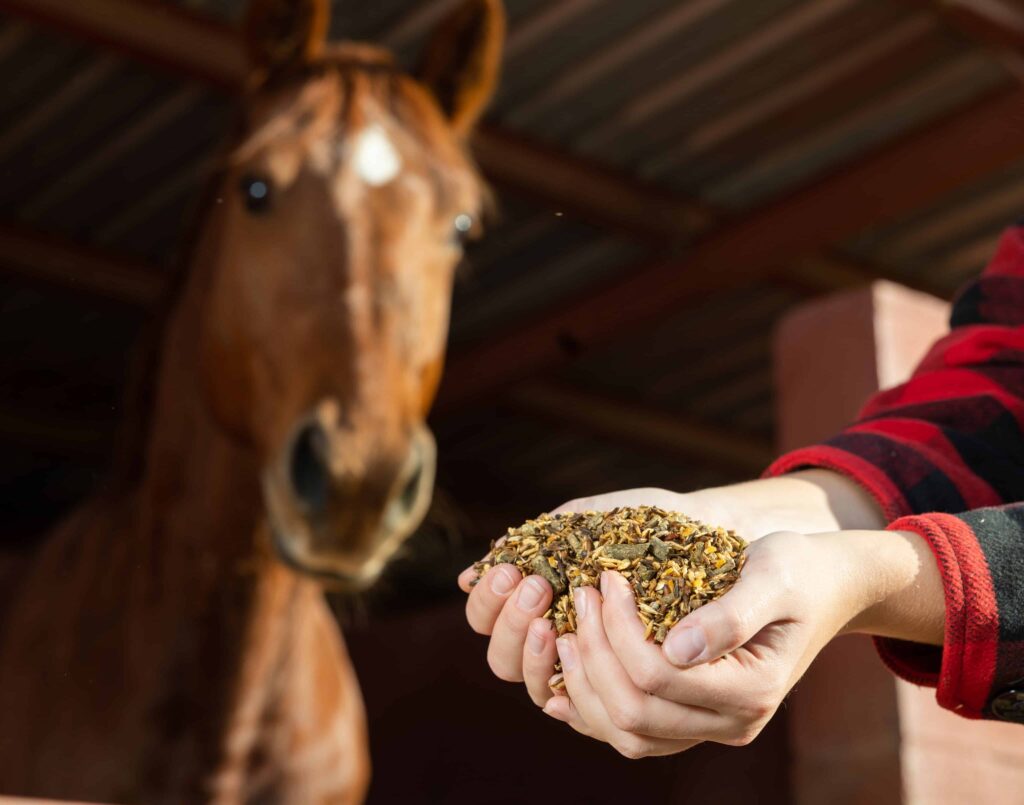
Hemp has a number of uses that we are only now beginning to take advantage of. Two New York measures would allow for hemp seeds to be part of animal feed meant for pets, horses and camelids, like llamas and alpacas and got the green light from the state Assembly and Senate earlier this year.
In early December, Gov. Kathy Hochul (D) received the pair of bills, though she effectively stopped them in their tracks via veto, stating that there is a lack of information about using industrial hemp in this way and pushing for the state to study the topics in an “expeditious manner.”
The New York cannabis industry is steadily taking shape, and Hochul has also advocated for the state’s hemp industry. Still, the governor cited that the Food and Drug Administration (FDA) has yet to approve hemp seed as part of animal feed, so Hochul believes that “more information is required” before taking the leap.
“To that end, I am directing the Department of Agriculture and Markets to work with Cornell University’s College of Agriculture and Life Sciences to research the impacts of the use of hemp seed or hemp seed products in animal feed,” Hochul wrote. “This study is to be completed in an expeditious manner to better inform the industry on the questions raised by the potential for expanded use of hemp products.”
Specifically, the measures would have allowed industrial hemp seed to be added to animal feed that includes seed hulls and seed meal. The bills would not have allowed for hemp seeds and additives to expand to other commercial livestock, most likely because of regulatory complications surrounding certain ingredients for animals used for human consumption.
Supporters cited nutrition as a key factor, namely that hemp seeds are high in protein and fiber. A 2022 study also determined that feeding livestock industrial hemp can have beneficial effects on stress and activity levels in cattle.
This idea isn’t brand new, either. Back in April 2021, Montana Gov. Greg Gianforte signed a bill that allowed for hemp and hemp derivatives to be included in food for pets, horses and livestock. Pennsylvania was looking to enact a similar law, based on Montana’s, though the state’s Department of Agriculture points to a similar concern of Hochul’s, that an ingredient must be Generally Recognized as Safe by the FDA or listed as a”recognized feed ingredient” before it can be sold or distributed as part of animal feed.
“Protecting industrial hemp production in New York will encourage greater production and research into the myriad uses of this plant, including as a renewable building material,” the text reads. “It will also open the door for small, New York-based animal food processors to establish this marketplace before hemp seeds are authorized for use in commercial feed nationally.”
A fiscal note also claims that the legislation could have also led to increased tax revenue for the state due to “increased sales of New York hemp seed product and commercial feed.”
In Hochul’s push for further research, it bears mentioning that some existing studies provide further context on the topic, perhaps prompting more questions.
One German study from last year found that dairy cows fed industrial hemp produced detectable levels of delta-9 THC and other cannabinoids. Co-author Robert Pieper said that cows given the hemp feed also ate less and produced less milk, calling it a “strong” effect on animal health, “not a positive effect.”
However, another 2023 study from the U.S. Department of Agriculture found that cattle who were fed hempseed cake retained very low concentrations of THC and CBD in their bodies, indicating that meat products from hemp-fed cattle are safe for humans to consume.
Read full article on High Times

